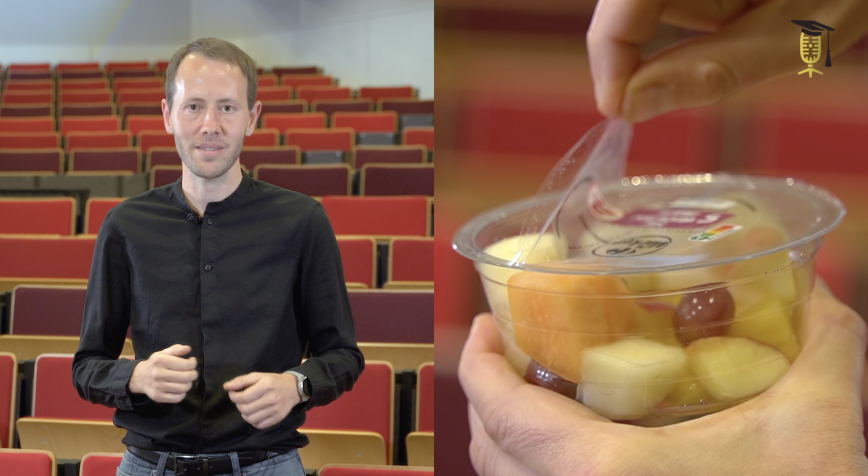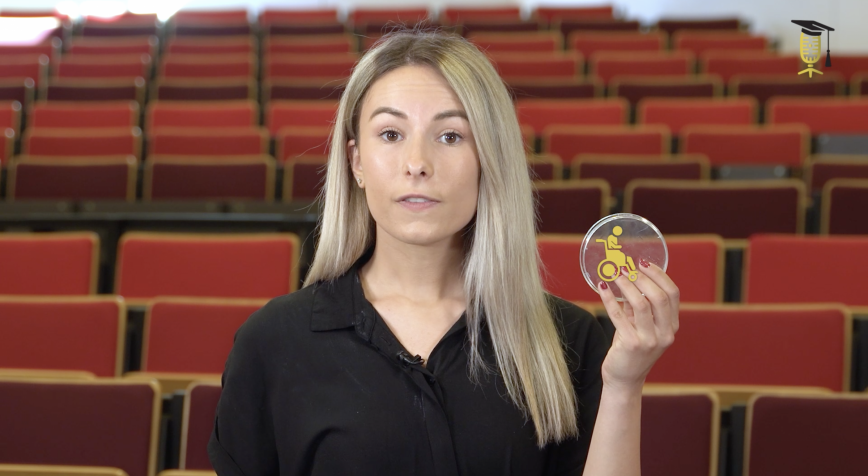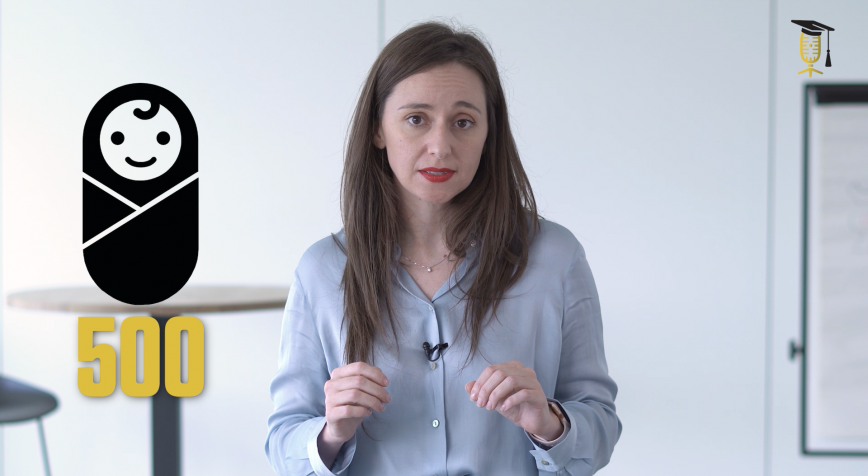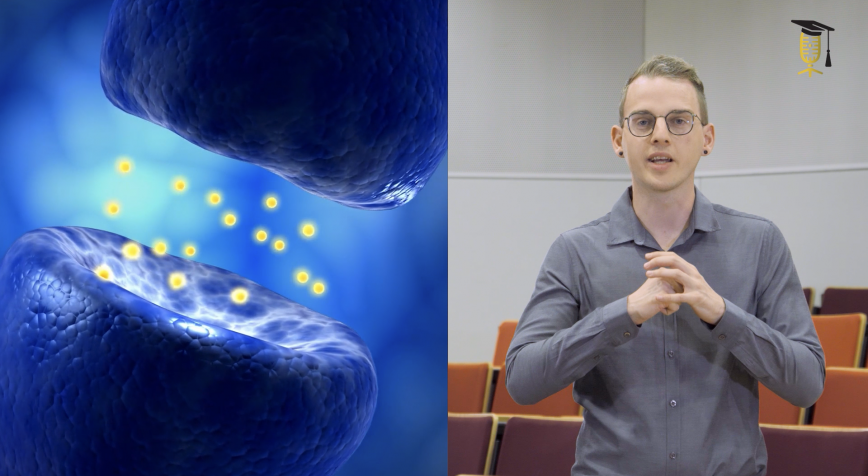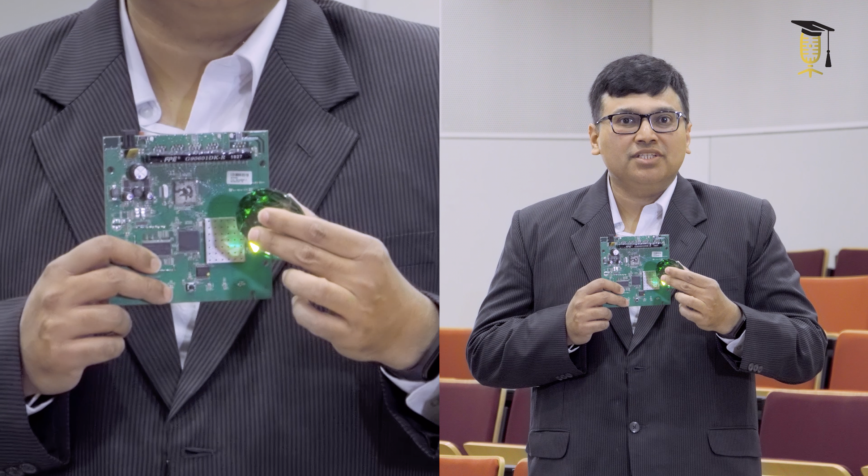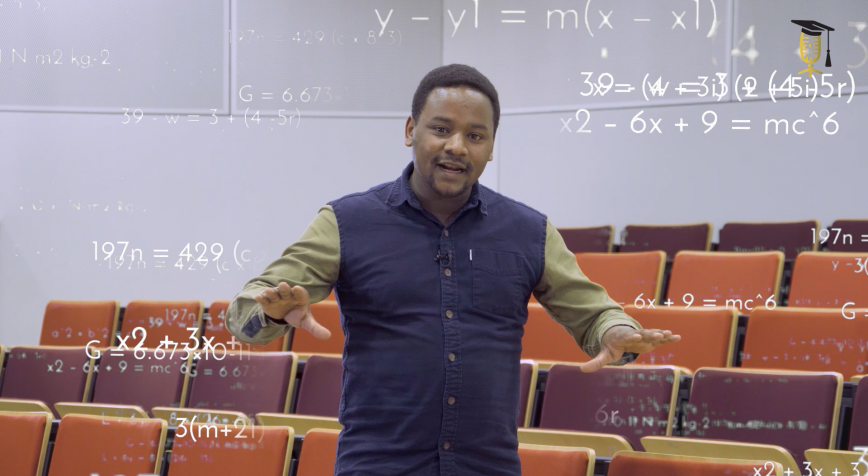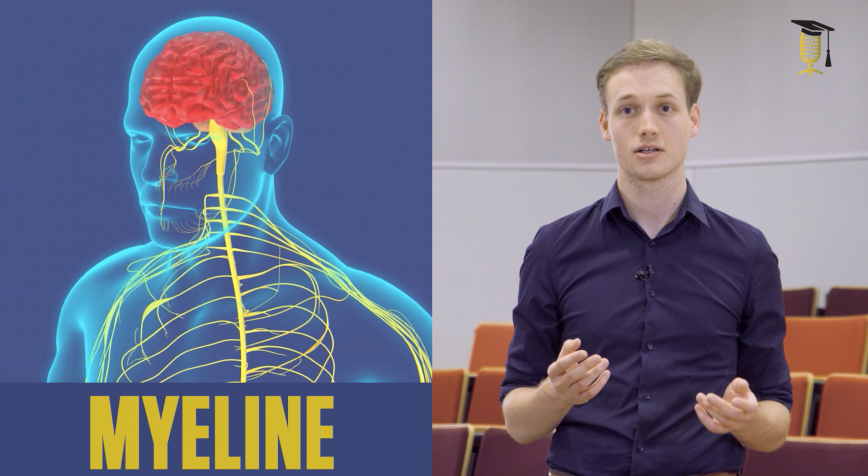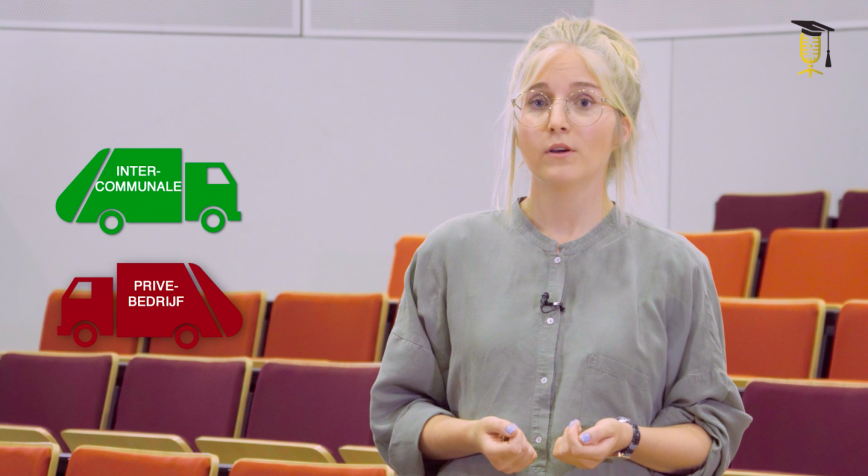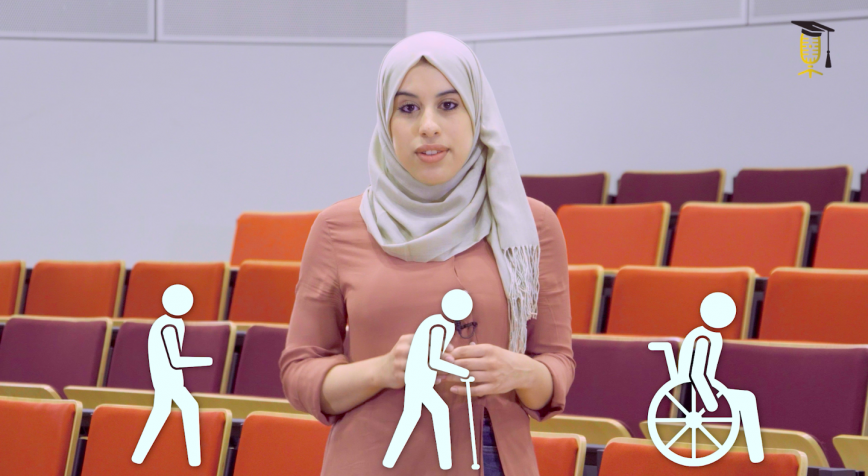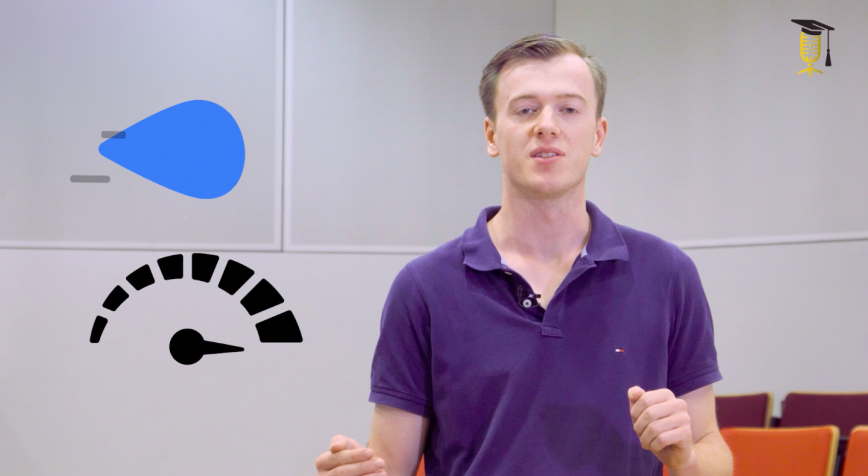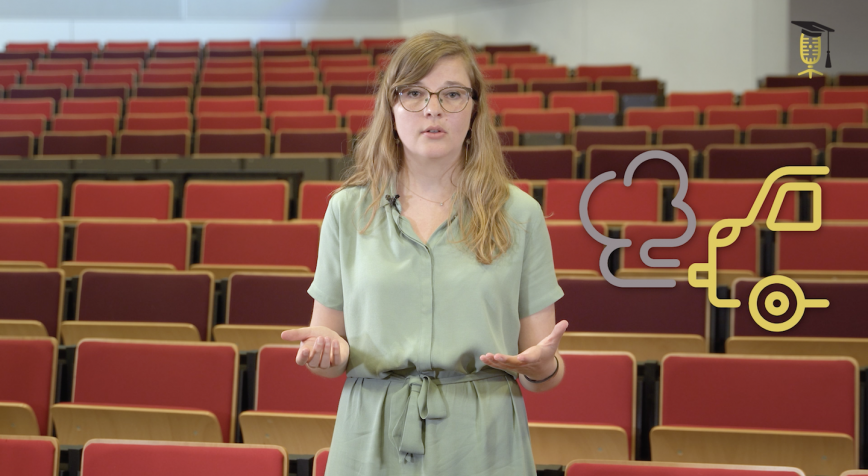
UHasselt
How harmful is air pollution to your unborn child?
An unborn child is exposed to air pollution even before he or she breathes for the first time. This is shown by the research of Eva Bongaerts (UHasselt). She found soot particles in the placenta of women who were only 12 weeks into their pregnancy. Watch the video.
